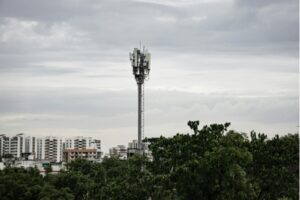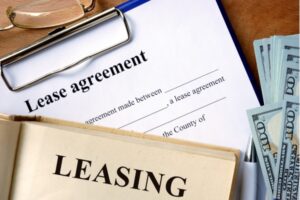ROFR Negotiations
What We Provide
Right of First Refusal (ROFR) Considerations
To maximize your lump sum payout, it’s essential to avoid including a Right of First Refusal (ROFR) clause in new leases or amendments, as it can significantly reduce your payout by delaying decisions and lowering your offer value.

Looking for the Best Cell Tower Consulting?
JP Tower Consulting
Avoiding ROFR in New Leases or Amendments
ROFR (Right of First Refusal) negotiations can be frustrating for property owners seeking a lump sum payment. Typically, the tower company has 30-45 days to match an offer, often taking their time in deciding. To maximize your lump sum payout, it is advisable to avoid including a ROFR in new leases or amendments. Including a ROFR can decrease your payout by at least twice the annual rent and revenue share. For property owners looking to secure the best financial outcome, steering clear of ROFR clauses in new agreements is essential.
Strategic Considerations for ROFR in Renegotiations
Only consider including a ROFR in a renegotiation if it’s a great deal that significantly benefits you. A ROFR can complicate and delay the process of selling your lease, reducing your immediate payout and potential future earnings. If you plan to sell the lease, avoiding a ROFR can save hassle and avoid complications in property sales. By being strategic about when to agree to a ROFR, you can ensure that your interests are protected and your financial returns are optimized.
Trusted Cell Tower Consulting
Expert Assistance with ROFR Matters
Navigating ROFR negotiations requires careful consideration and expertise. All language related to ROFR should be reviewed by a telecom attorney to ensure your rights and interests are fully protected. JP Tower Consulting can assist with ROFR-related matters, providing expert guidance to help you make informed decisions. By leveraging professional advice, you can effectively manage ROFR negotiations and secure favorable outcomes for your property agreements.

Need Information
FAQs About our ROFR Negotiations Consulting Service
You typically need to grant the tower company the ability to match offers, usually within 30 days. Older contracts may have ROFRs only for property sales, but newer ones cover all scenarios. Selling your lease as an easement can bypass some older ROFRs, but newer ones are more comprehensive. If you plan to sell the property with the tower, the ROFR clock starts again. ROFRs can be a hassle, limiting decision-making and reducing asset value by at least twice the annual rent due to limited bidding interest from third-party buyout companies, who assume the tower company will match offers.
With a ROFR in your lease, expect your site to take 45-60 days longer to sell. The tower company often takes their time responding, extending a deal that should take 90-120 days to around 6 months. Any title defects found during the search can further delay the process.
The consultant works with many buyers in the market, around 12 in my case. It's beneficial because you never know which buyer might value the lease the most, enhancing competition and potentially leading to a higher purchase price.
Yes, it's important not to disadvantage future property buyers when selling the property where the tower is located. Some property owners have agreed to pay the entire tax bill, preventing potential buyers from getting reimbursed for property taxes related to the tower. While this may not directly impact your ability to sell, it's not advisable to buy a property with a tower unless you can get property taxes reimbursed or you’re getting a sweetheart deal on the price. In such cases, you may have to heavily discount the property. Additionally, if the compound is tight, avoid giving the tower company more land. Let any new carrier joining the tower benefit the new property owner.
I'd estimate the multiple to be between 17-19 times, but this can vary based on factors like the average annual escalator and proximity to the final lease expiration. Ideally, your annual escalation rate should be around 3% to maximize the expected multiple. Anything lower could reduce the overall value. If the lease expires in 15 years, third-party buyout companies may value it slightly higher, anticipating a renegotiation at that time. This could potentially add another two times multiple to the valuation.
News & Articles
Exploring the Latest Trends in Tower Consulting
Your go-to resource for all things related to the world of cellular infrastructure.



